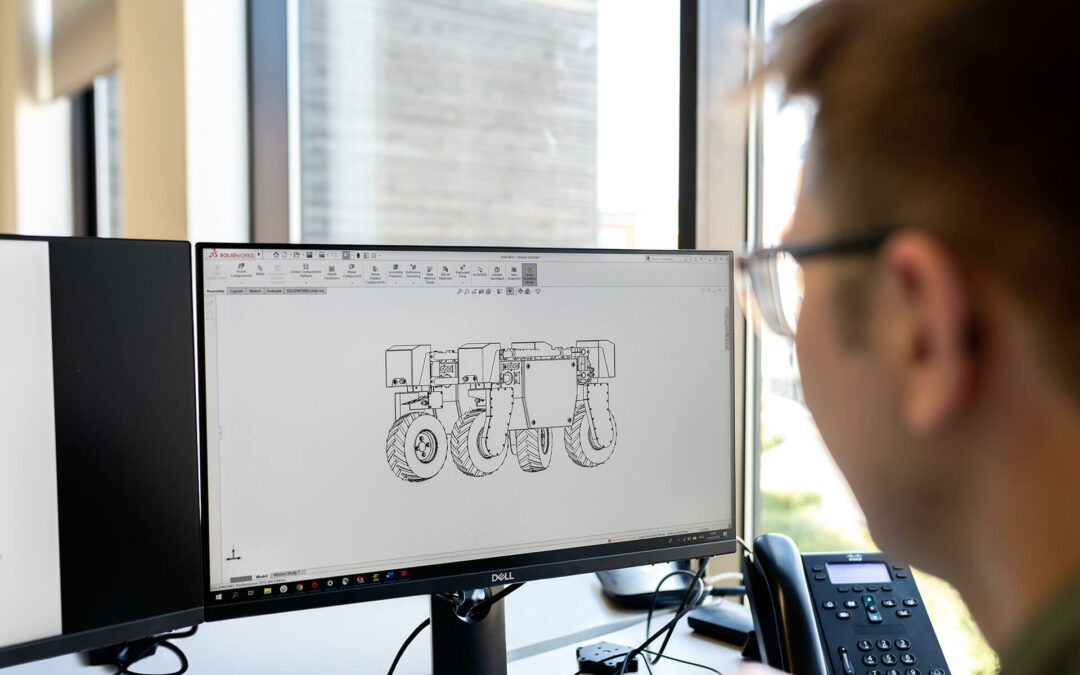
by denonfeagin | May 22, 2025
Measuring | Modeling | Standards Engineering Statistics Statistics is a branch of mathematics that deals with the collection, analysis, interpretation, presentation and organization of data. It involves the use of statistical methods to make inferences and predictions...

by denonfeagin | May 20, 2025
AC Circuit Analysis | Electrical Switches Engineering Sine | Cosine | Trigonometry In AC circuits, sine, cosine and other trigonometric functions represent the alternating current waveform. These functions help analyze the circuit’s behavior in terms of its frequency,...

by denonfeagin | July 19, 2023
Mechanisms Engineering Basic Components of Most Machines Most machines have three basic components: an input system, a processing system and an output system. The input system allows the machine to receive data or instructions, which can be in various forms, such as...

by denonfeagin | July 19, 2023
Materials Engineering Material Properties Material properties are fundamental characteristics that determine the behavior of materials in response to external stimuli such as stress, temperature and other environmental conditions. Download Material Testing Material...

by denonfeagin | July 19, 2023
Kinematics Engineering Forces & Movement Kinematics is the science of motion. Some examples of kinematics are a giraffe moving in a straight line with no change in speed (constant velocity motion) or a pencil that falls off a desk (free fall motion). Kinematics...






